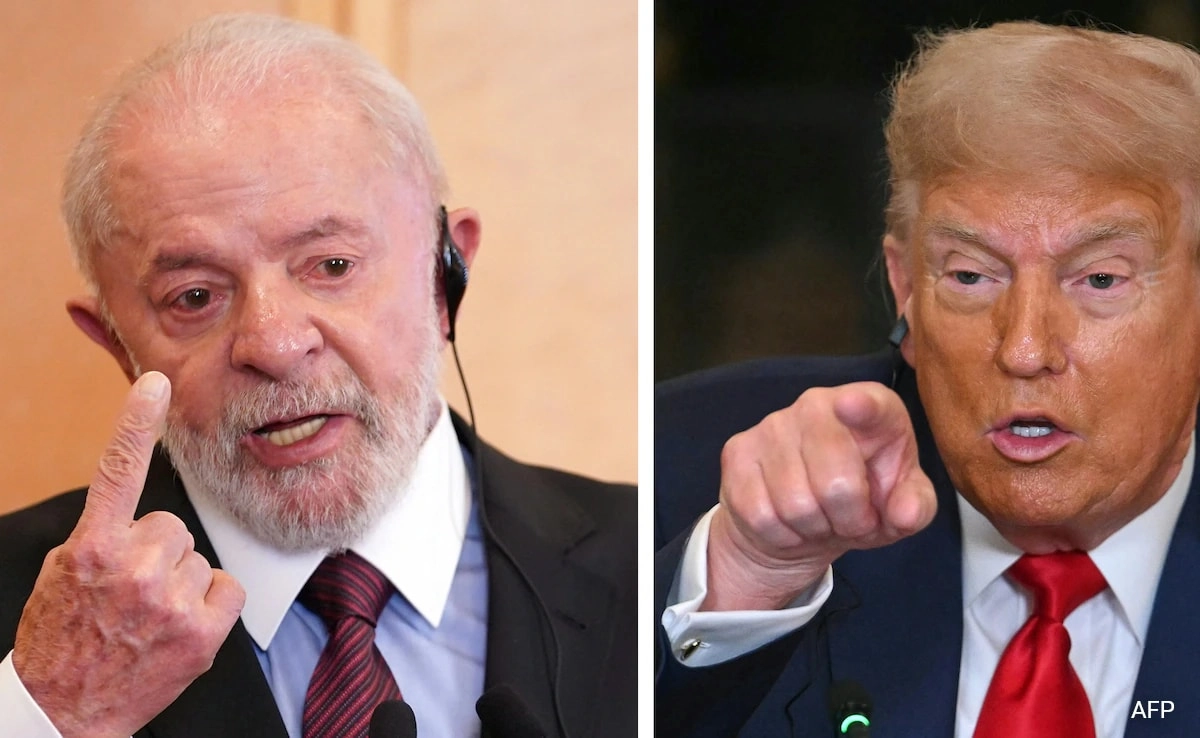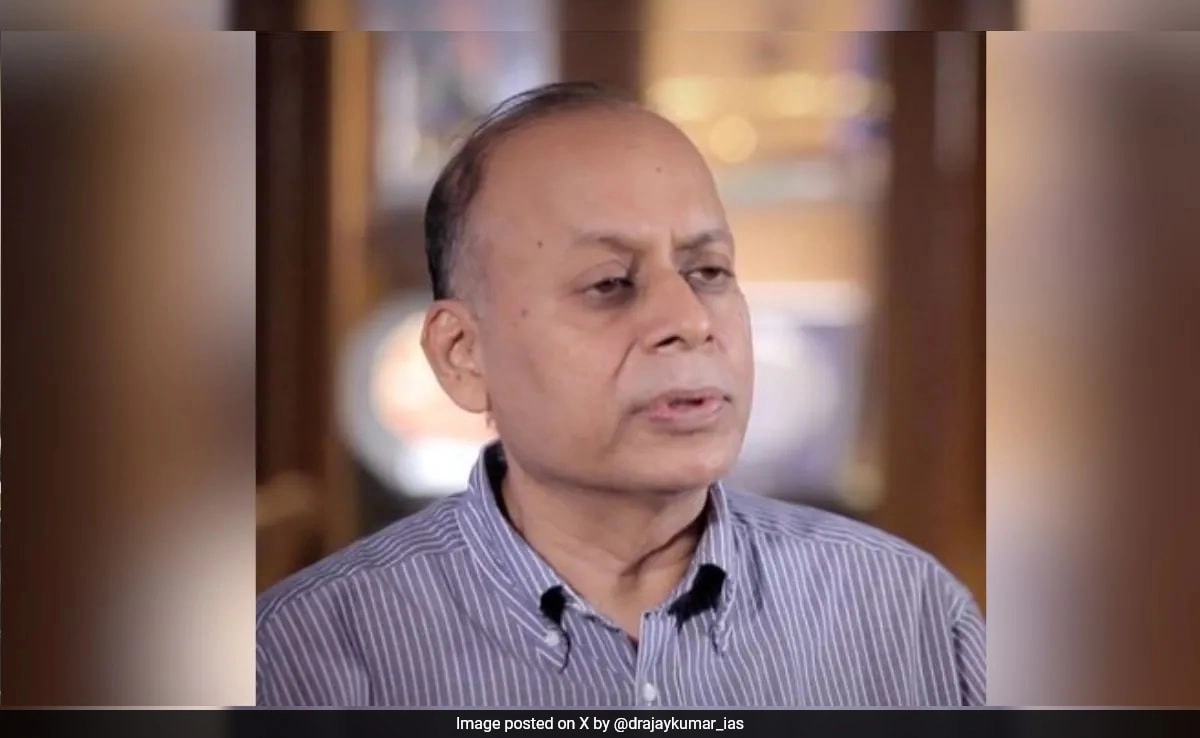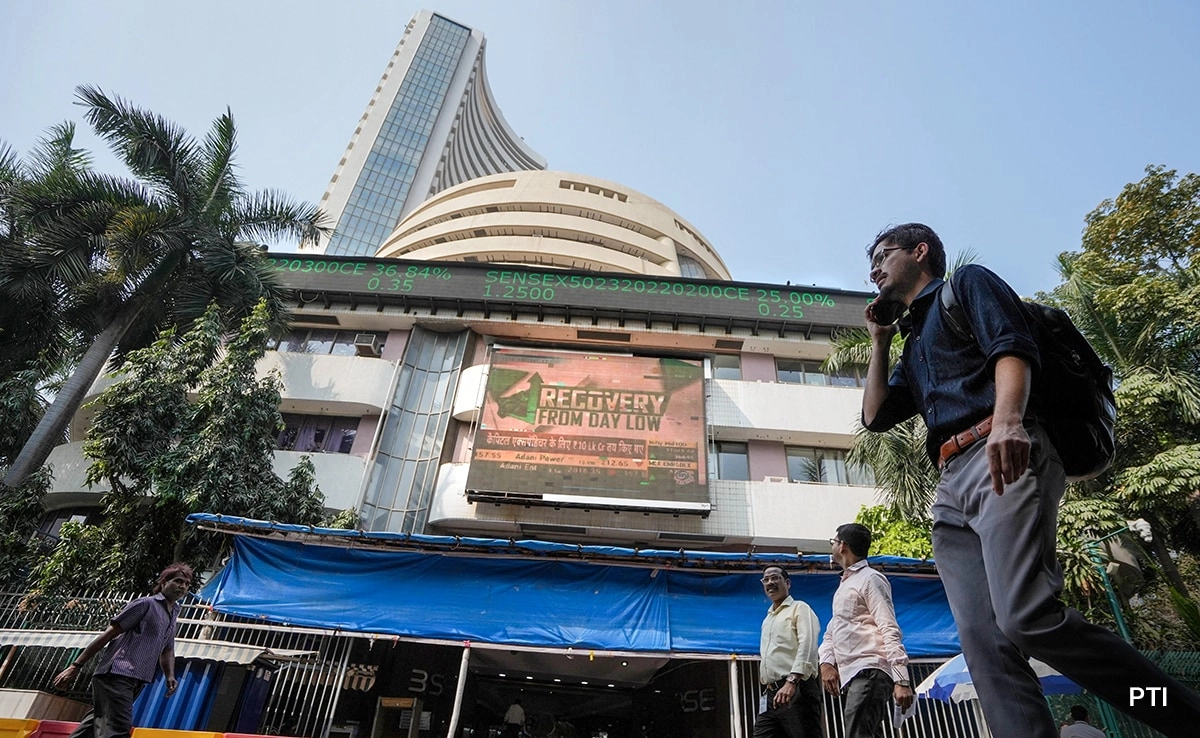In a recent statement, Brazilian President Luiz Inácio Lula da Silva expressed strong criticism of former U.S. President Donald Trump, particularly in the context of ongoing trade tensions between the two countries. Lula’s remarks came in response to Trump’s administration’s imposition of tariffs on various Brazilian exports, which Lula views as an unfair and aggressive tactic that undermines international trade relations. He emphasized that Brazil will not be dictated to by a “gringo,” a colloquial term for foreigner, reflecting a broader sentiment of national pride and sovereignty in the face of perceived external pressure.
Lula’s comments highlight the growing rift between Brazil and the United States, particularly in the realm of economic policy. The tariffs in question have had significant implications for Brazilian industries, particularly in sectors such as agriculture and manufacturing, which rely heavily on exports. Lula’s administration is keen on fostering a more equitable trading environment that prioritizes cooperation over confrontation. He believes that constructive dialogue is essential for resolving trade disputes, rather than resorting to unilateral measures that can escalate tensions and harm both economies.
The Brazilian leader’s rhetoric also underscores a significant shift in the country’s foreign policy approach, moving away from the alignment with U.S. interests that characterized previous administrations. Lula is advocating for a multilateral approach to global trade, seeking stronger ties with other nations and regional partners. This shift is indicative of a broader trend among several countries that are increasingly wary of unilateral actions taken by major powers. As Lula continues to assert Brazil’s position on the international stage, he is calling for a collaborative approach to trade that prioritizes fairness and mutual respect.
In light of these developments, the relationship between Brazil and the United States may face further challenges. Lula’s determination to stand firm against what he perceives as unjust tariffs signals a willingness to confront powerful nations when necessary. This situation could lead to a reevaluation of trade agreements and partnerships, as both countries navigate their respective economic interests. As the global economic landscape continues to evolve, the implications of Lula’s stance may resonate beyond the immediate trade disputes, potentially influencing international relations and trade dynamics in the years to come.




